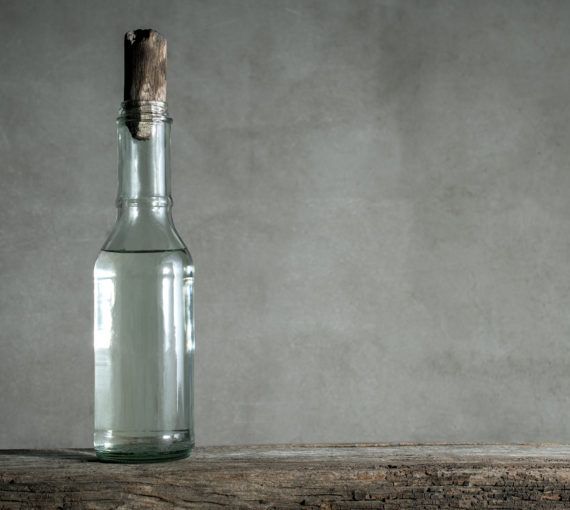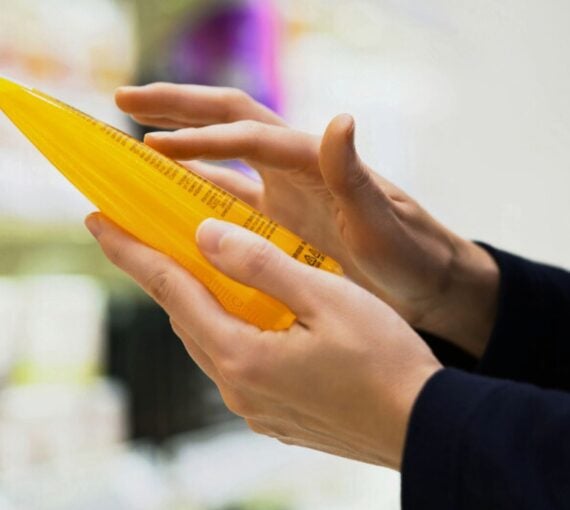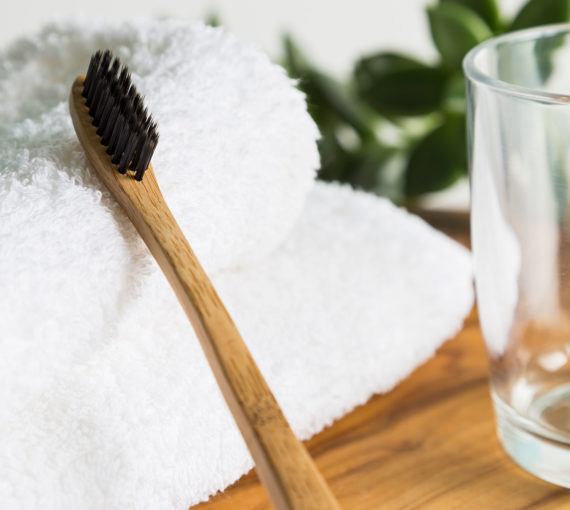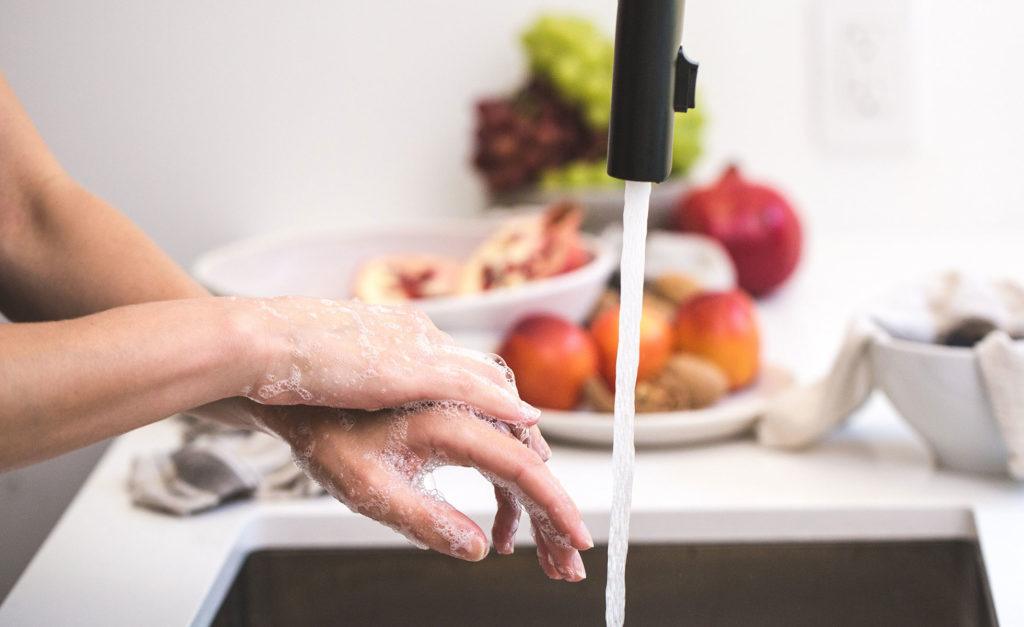
Castile soap is a versatile, eco-friendly ingredient used in many DIY personal care and household cleaning recipes. (Photo: Burst via Pexels)
What’s castile soap?
Castile soap is versatile and gentle on people and the environment.
It’s named for Castile, Spain, a region renowned for its olive oil. Authentic castile soap is made of plant oils — coconut, hemp, sunflower seed, jojoba and olive. (Avoid brands that use palm oil. That’s devastating biodiverse forests where many endangered species live.) Oils are mixed with an alkali — sodium hydroxide for solid soap and potassium hydroxide for liquid.
What makes castile soap eco-friendly?
- It’s biodegradable.
- It’s vegan.
- It’s not tested on animals (check for Leaping Bunny certification).
- It’s scent-free (no synthetic fragrances, even natural essential oils).
- You can refill containers at zero waste and organic grocers or health food stores.
- You can support a local brand.
- It’s free of artificial foaming agents, harsh cleansers, deconstructed fatty acids from vegetable oils or fats (a.k.a. oleochemicals), petrochemicals and/or chemical antibacterial agents (such as triclosan).
- It’s concentrated, so a little goes a long way.
Note: Read labels carefully and choose products with vegetable-based ingredients. “Liquid soap” doesn’t mean “plant-based.”
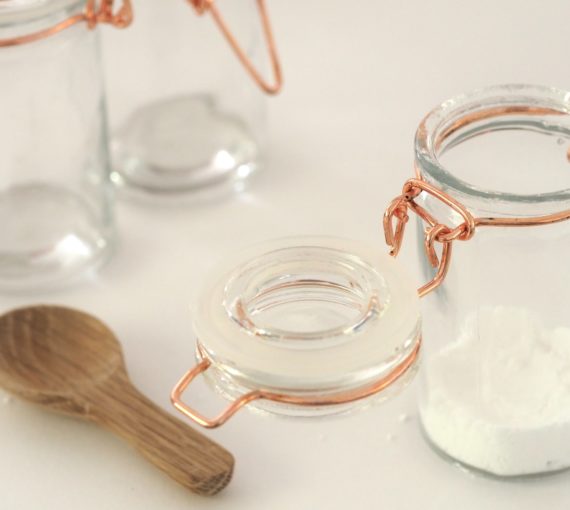
Eco-friendly cleaning recipes
Discover seven environmentally friendly cleaning ingredients you might have in your pantry right now and how to use them.
Thirteen ways to use liquid castile soap
- Make hand or body wash.
- Wash fruits and veggies. Add a squirt to a sinkful of water. Rinse.
- Make all-purpose spray and all-purpose scour.
- Make liquid laundry soap (not a detergent).
- Make diaper wipe solution. (Add a few drops to a squirt bottle of water.)
- Make DIY pest repellant.
- Wash reusable menstrual cups.
- Clean (some of) your sex toys.
- Clean makeup brushes.
- Wash floors. (Add a squirt to a bucketful of water.)
- Use in a carpet washing machine.
- Wash the car. (Add a squirt to a bucket of water.)
- Wash the dog.

